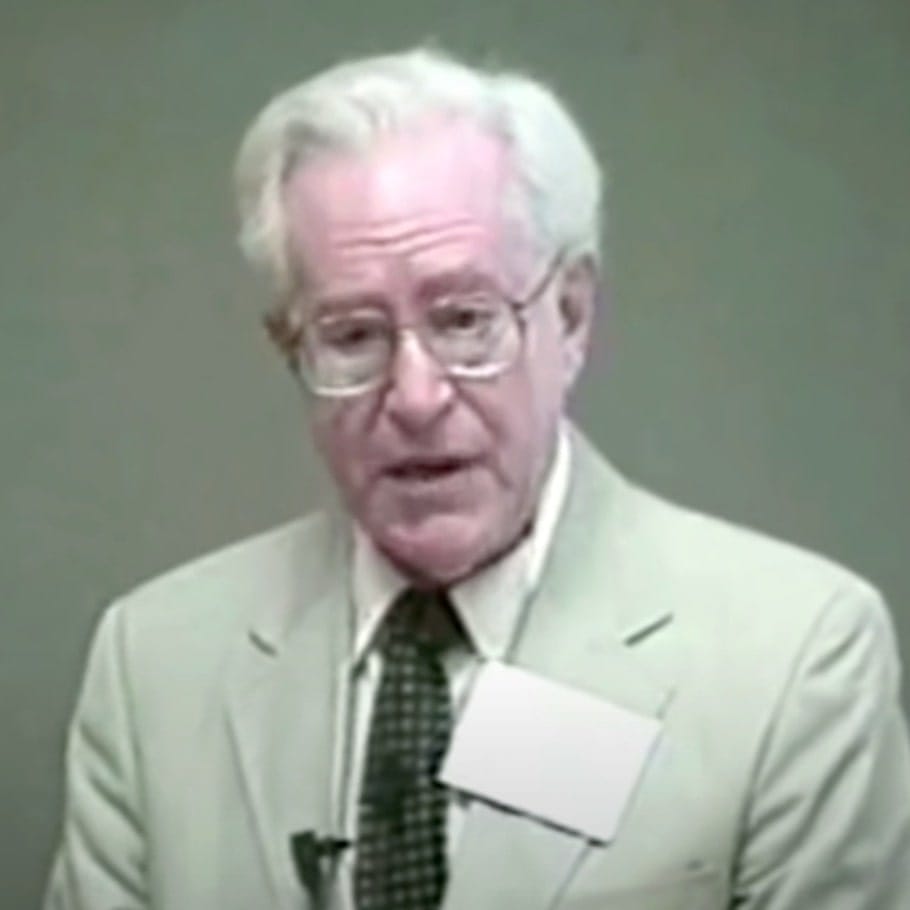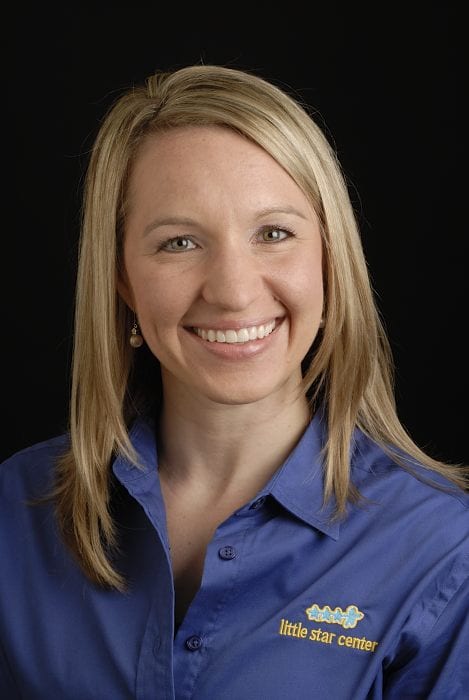Peer relationships are critical for students with ASD, however opportunities for social engagement are often limited. For example, only 29% of high school students with ASD get together with friends at least once per week (Lipscomb et al., 2017). Instead, much of their day is spent among adult providers and family. Although teaching specific social skills may result in some improvement in social behaviors, a comprehensive approach to building relationships is more socially significant and long-lasting. Peer mediated instruction and interventions (PMII) are an evidence-based practice with a behavioral and social learning foundation that involves teaching peers without disabilities ways of engaging individuals with ASD in meaningful social interactions within the natural environment. The Statewide Autism Resources and Training Project (START) is funded by the Michigan Department of Education to bring evidence-based interventions to schools to support students with ASD. START has worked with schools for twenty years to establish a comprehensive PMII program, called Peer to Peer Support, in each building that educates students with ASD. Implemented in more than 700 elementary and secondary schools—and involving more than 3,000 students with ASD and more than 14,000 peers—these programs offer social opportunities and inclusive experiences during the school day and extracurricular activities. In this presentation, staff from START and school professionals from Intermediate School Districts will describe this program and share their experiences with peer to peer support including qualitative and quantitative data that demonstrates the impact on students and school culture.
[su_accordion]
[su_spoiler title=”About the Speakers” open=”no” style=”default” icon=”plus”]
Amy Matthews, PhD, BCBA
Amy Matthews is a Professor of Psychology at Grand Valley State University (GVSU) and has served as the director of the START Project, funded by the Michigan Department of Education-Office of Special Education, for 20 years. The START Project is focused on a statewide collaborative effort to make systems level changes to improve the educational programming and quality of life for students with autism and their families. Dr. Matthews is involved in various state projects to increase integrated opportunities and improve post school outcomes for individuals with ASD, including serving as vice chair of the Governor’s Autism Council. Dr. Matthews is a licensed psychologist and a Board Certified Behavior Analyst (BCBA).
Carrie Carr, M.Ed
Carrie serves as the regional Teacher Consultant for Students with Autism for the Eastern Upper Peninsula Intermediate School District. She has worked with numerous staff in the EUPISD to develop peer to peer support programs. Carrie is a statewide presenter and content developer for Peer to Peer Supports for Students with Autism for the START Project.
Katy Foster, M. Ed
Katy Foster is a Teacher Consultant for Autism employed by Berrien RESA. She is a veteran special education teacher with vast experiences that have included working with students in many settings. Katy is a trainer with the START Project and she provides professional development in Positive Behavior Interventions and Supports and the use of evidence-based practices for regional and local school staff and families.
Lindsey Harr-Smith, MA, CCC-SLP
Lindsey has worked in the school setting as a speech-language pathologist, Autism Consultant, and Peer to Peer Consultant since 2004. She has extensive experience with developing and implementing peer to peer programs in preschool-12th grade. In addition, she is an Autism Education and Intervention Specialist and state-wide presenter with the START Project with a focus on Peer to Peer Supports. Lindsey provides support to school-based teams across the state to increase implementation of peer to peer and inclusive opportunities for students with ASD.
Kathy Hickok, M. Ed., BCBA
Kathy Hickok is a Teacher Consultant for Autism at Berrien RESA. Before coming to RESA, Kathy spent twenty-six years in the classroom teaching and learning from students with academic, behavioral and social/emotional challenges. As the Peer to Peer coordinator for Berrien RESA, she works with staff to address the behavioral needs of children throughout the county. Kathy serves as a START Project trainer with a focus on peer to peer support and behavior support.
[/su_spoiler]
[su_spoiler title=”Survey Results” open=”no” style=”default” icon=”plus”]
[surveyresults module=”Peer to Peer Support Builds Meaningful Social Relationships”]
[/su_spoiler]
[/su_accordion]

























